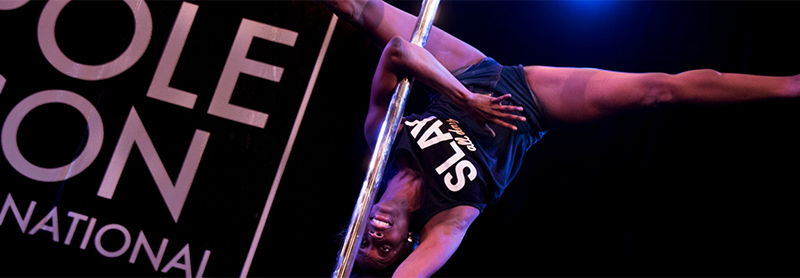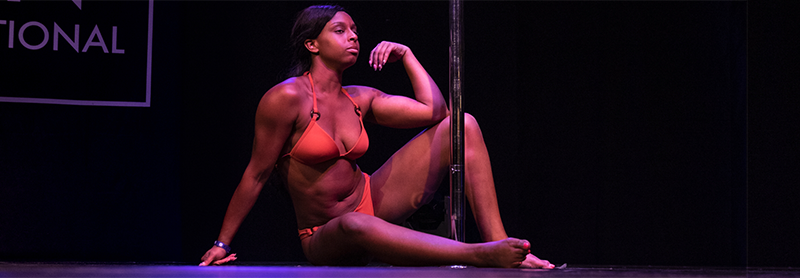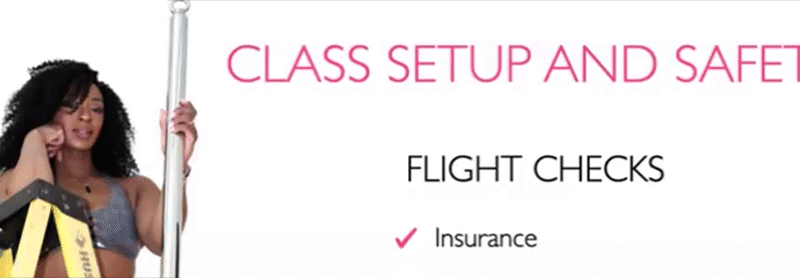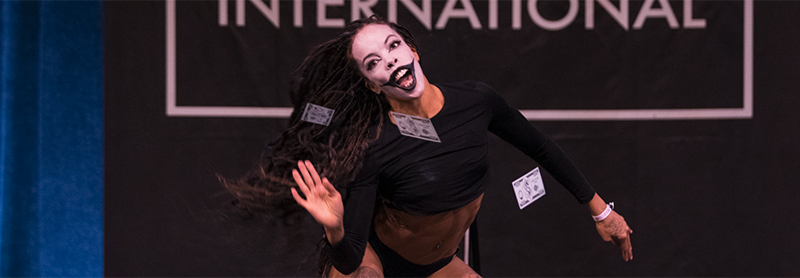So, you’ve been poling for a while, and you want to get some amazing photos…

Top 7 questions to ask yourself before opening a pole studio
Opening any business is tough! Committing to a brick-and-mortar business is even harder. Typically, the cost for commercial real estate is expensive. Add build out costs and all the relevant pole equipment, and you’re suddenly looking at a very costly endeavor.
Do you have 6-12 months of living expenses saved?
Surprises happen! Even if you have the most accurate budgets and the most successful opening of your new studio, sometimes things just happen. The water main breaks, the toilets are stopped up, a pandemic starts. Make sure you have plenty of money for your business and for your family! Be comfortable with having to use your worst-case scenario.
Will you have a partner (silent or otherwise)?
Sometimes entrepreneurs go into business with family or friends, which can be challenging. Sometimes entrepreneurs have great ideas and connections but can’t afford the start-up costs for their awesome new business. Taking on a partner to help can be a good option, but make sure you’ve got contracts in place just in case something goes wrong. Can they keep your intellectual property? Or your clients? If you choose to have a partner, get this information in writing when things are pleasant, otherwise you’ll be negotiating them with many more emotions if things go south.
Do you have a long-term vision for your studio?
In the tech world, entrepreneurs often talk about their “exit strategy.” Do you want to be teaching pole or at least owning a pole studio your whole life? Maybe you do, and that’s awesome! For others, maybe they want to transition to something else after a while. Or they might have a life event like a new baby, kids going off to college, or aging parents to take care of that change the trajectory of their goals. Spend some time thinking about your goals with your studio and what might happen to it if you were no longer as involved.
Do you have multiple streams of income?
For more pole studios, it is common to have multiple streams of income. In the IPIA Pole Industry Financial Survey, we found that most studios have a combination of income from regular classes, specialty workshops, privates, parties, merchandise, and even online revenue. Some studios may make more money from hosting parties than regular classes, where others might find this reversed. Ask yourself how you could increase your streams of revenue in a way that doesn’t add an undue burden to your operating expenses.
How much time can you invest in running your studio?
Do you have a day job? Are you able to spend nights and weekends in your studio? Who takes care of your furry, plant, or human family when you’re working #allthejobs? Be honest about the time commitment involved in running your studio. Make sure you are compensating yourself for the time you spend working in your studio, such as teaching and cleaning, and the time you spend working on your studio, like learning and growing. If you can’t spend a lot of time in your studio, you might need a manager or someone else to help share the time involved. Remember, this will contribute to your expenses, and it might be worth it.
What sets you apart from other studios (or other fitness options)?
When first considering opening your own physical studio, consider your competitors. Are there other studios in the area offering similar services? What boutique fitness options or dance studios already exist? Do you know who your target market is and where they are? Do you know how much they are willing to spend? If you don’t think you have a unique offering, then how will you attract students? Consider doing an analysis like a SWOT analysis to understand what sets you apart BEFORE you commit to opening a studio.
Why are you opening a studio?
This is probably one of the most important questions you can ask yourself! Remember to be honest! Maybe you’re opening a studio because you think you’ll make money. Or maybe you love pole dancing and want to spend your time doing that. Maybe you’re ready to transition from another career where you can make your own hours. Or maybe you’re tired of the touring life and you want students to come to you. Whatever your reasons, be honest. Most entrepreneurs start their businesses because they are passionate about the idea of owning a business or about the specific content of their business. Know your personal motivation! This is important for when things inevitably get tough.
Are these the only questions to ask before deciding to open your own physical pole studio? No. They will however get you started thinking about some important details and help you address some of the emotional side of business ownership.
What other questions would you add to the list? Let us know!



